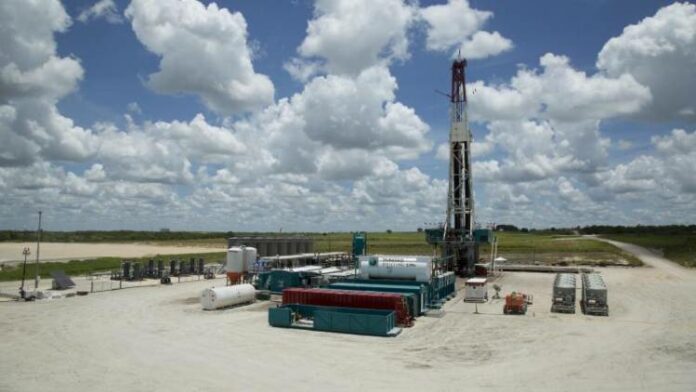Everyone expected alternative energy to be the big story of the 21st century. However, the successful development of unconventional reservoirs delivered what Greg Leveille, CTO for ConocoPhillips, described as an “energy miracle.” Contributing to that miracle is the resource-rich Eagle Ford Shale and the “enormously important role” it played in shifting the U.S. from the role of energy importer to energy exporter.
“Today the U.S. is the world’s largest producer of hydrocarbons at 27.5 million barrels of oil equivalent per day,” said Leveille before a packed crowd at Hart Energy’s DUG Eagle Ford Conference in San Antonio in mid-September. “We are well ahead of Russia, which is just a bit over 20 million barrels of oil equivalent per day.”
For evidence of the Eagle Ford’s prolific potential, look to its production history. In a span of roughly five years, production shot from less than 500,000 boe/d in 2010 to 2.5 MMboe/d in early 2015, according to Leveille. While the drop in oil prices caused production to fall to below 2 MMboe/d in 2017, it didn’t stay down for long as production is growing again at a “very rapid pace,” he noted. The Eagle Ford is the one of the top three unconventional oil plays in the U.S., behind the Marcellus Shale and Delaware Basin.
For ConocoPhillips, the Eagle Ford is the company’s first horizontal shale play in its history, holding approximately 210,000 net acres primarily in DeWitt, Karnes and Live Oak counties. The shale play has “some areas with extremely good rock with extremely good reservoir quality, areas where you can get the production that has a cost supply down in the $20 per barrel range,” Leveille said.
“Our primary mission as an oil and gas operator is to acquire acreage in those areas with the very best rock,” he said. “We did a fairly good job of doing this in that our 200,000 acres are located mostly in the best part of the Karnes and DeWitt county sweet spots.”
The good position, paired with ConocoPhillips’ “relentless focus on lowering cost of supply,” led the company to secure the top spot among Eagle Ford operators. For ConocoPhillips, it is $25/bbl as compared to the $30/bbl-plus cost of supply for other area operators, according to Leveille’s presentation.
Along with an optimal pace of development, four technologies have been key to the company’s success in keeping the costs of supply low for its fields. The company’s “Drilling Execution Efficiency Platform” and the use of digital acoustic sensing to optimize completions are two of the four. The remaining two go far in demonstrating the scientific and experimental approaches that are delivering returns for the company.
Source:epmag



